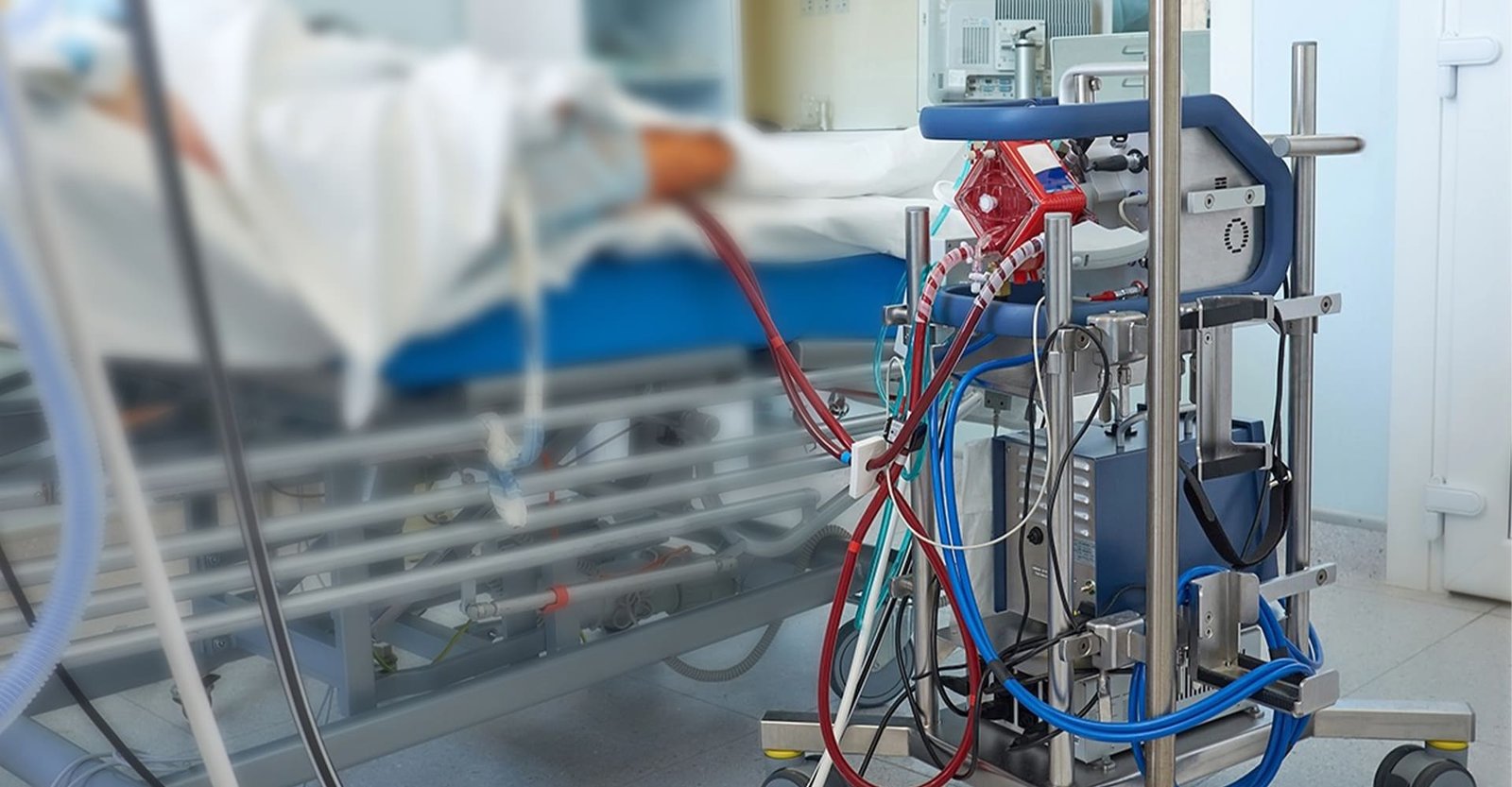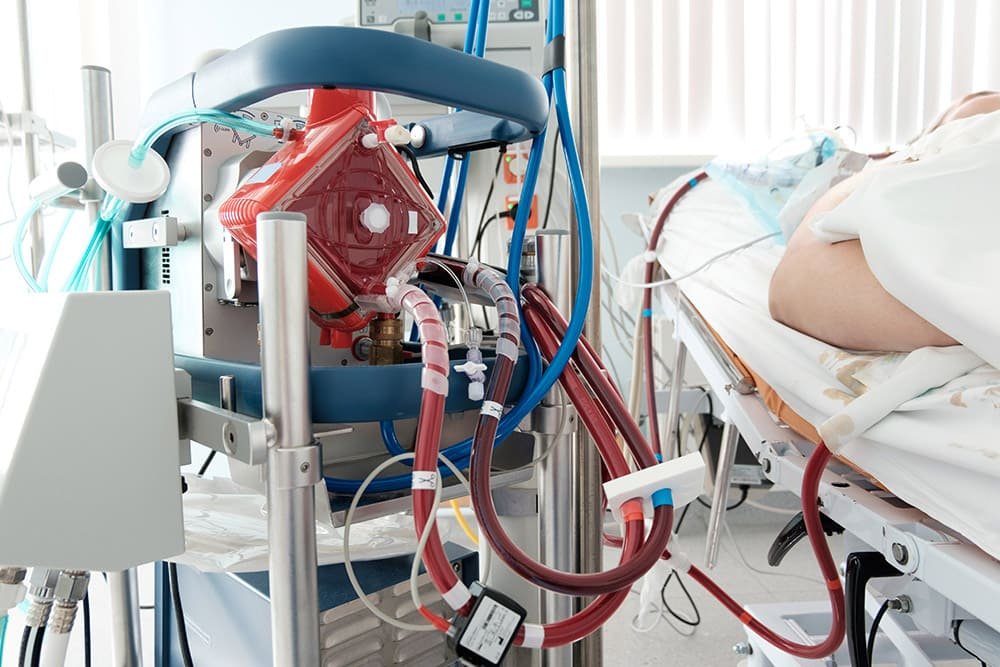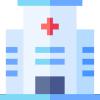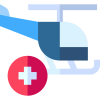
Dr.Madhan'S
ECMO Health Care
First of it's kind in Mobile ECMO life service in India at your hospital
Contact Now
Dr.Madhan'S
ECMO Health Care
First of it's kind in Mobile ECMO life service in India at your hospital
Contact Now
First of it's kind in Mobile ECMO life service in India at your hospital
Contact Now
First of it's kind in Mobile ECMO life service in India at your hospital
Contact Now




At the end of five years, we make sure that we Dr. Madhan'S ECMO Health Care reaches all places in India, including rural areas, at an affordable cost and helps to ensure that ECMO availability will be made simple and easy throughout India.
The most common challenges of ECMO were awareness, cost, initiation at right time, outcome, nosocomial infections, and transport. Transport of critically ill patient, especially on ECMO, is risky and also involves lots of cost. To overcome this problem, I established Dr Madhan'S ECMO Health Care where the team goes to the hospital where the patient is and initiates and manages ECMO there itself. The future of ECMO in India is quite promising, not only with increasing number of cases and centers, but also in terms of cost effectiveness and technology.







Generally no. Patients that undergo ECMO are typically already connected to a ventilator througha breathing tube down their mouth or nose and have received pain medications and sedatives. When they’re first connected to the machine, they are sedated and do not feel the tubes going into theirveins and arteries. Routine monitoring equipment will be connected to the patient to monitor heart rate, respiratory rate, blood pressure, and oxygen levels. While on the machine, some medications can make patients sleepy, but some patients are awake and can interact with their physicians and loved ones while on ECMO. Because they’re hooked up to tubes, patients need careful help and assistance from medical staff when moving around.
Usually, patients are supported by an ECMO machine for only a few hours to a few days, but it is possible to require support for a few weeks, depending on the severity of the condition and how it progresses over time. Physicians will always try to get people off ECMO as soon as humanly possible. Some diseases and illnesses can be treated swiftly and others cannot. Unfortunately, ECMO doesn’t save everyone, but it has greatly improved survival for thousands of critically ill people who don’t respond to typical life-saving treatments in the hospital.
In addition to the healing process of the condition or illness that got the patient on ECMO in the first place, the main concern with ECMO is bleeding. Patients are given a medication to thin the blood so that it doesn’t clot. Because of this, the patient’s blood is tested frequently to make sure it’s thin enough. The medical team uses the results of the tests to see how well the ECMO machine is helping the patient and to make quick changes in their treatment if needed.
A working ECMO machine has a lot of moving parts to it. There’s the pump, the artificial lung (a circuit made up of a membrane), blood warmer and a filter. The machine removes blood (without oxygen) from the patient and pumps it through the artificial lung where it receives oxygen. Then the blood is warmed, filtered and safely returned to the patient. This is ECMO.
Yes, there is. The first kind is called Veno-arterial (VA) ECMO and it is used to support both lung and heart function. The second kind is called Veno-venous (VV) ECMO and it is used to just support lung function. In other words, no cardiac support is provided with VV ECMO.
Contact in emergency or in advance.
Experience our seamless platform.
Ecmo Healthcare
